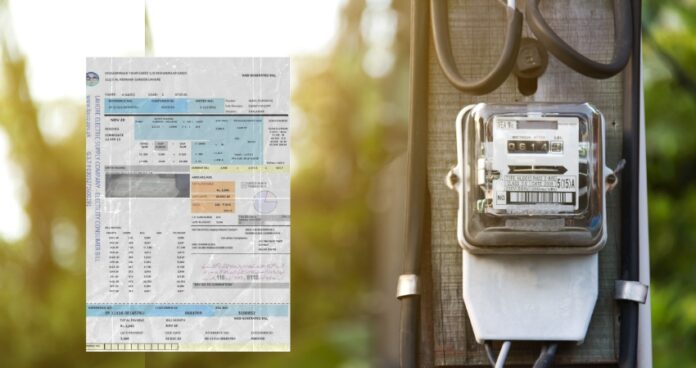Consumers in Pakistan can expect a 10% reduction in electricity bills by 2031 following the signing of a major plan aimed at eliminating the country’s circular debt, The News reported.
The agreement, which will retire Power Holding Limited (PHL) debt and settle dues with Independent Power Producers (IPPs), was confirmed by senior officials of the Power Division on Thursday.
The Rs1.225 trillion loan, which will be repaid over the next few years, is expected to eliminate the current Debt Service Surcharge (DSS) of Rs3.23 per unit, a charge that appears in consumer electricity bills to service the financing. The full repayment, projected between 2029 and 2031, will provide significant financial relief for consumers.
This deal, the largest structured financial transaction in Pakistan’s energy sector history, involves 18 leading commercial banks and follows Islamic finance principles. It aims to inject liquidity into Pakistan’s power sector while laying the groundwork for long-term fiscal and structural reform.
While consumers may not see immediate reductions in their electricity bills, officials emphasise that the long-term effects of the deal will stabilise operations across the power generation and distribution sectors, reducing power outages, fuel shortages, and sudden tariff hikes.
The deal avoids Rs350-377 billion in late payment interest that would otherwise have been passed on to consumers. The financing structure, based on three Islamic instruments—Bai’ Muajjal, Ijara, and Sukuk issuance—replaces traditional government bailouts with a market-based repayment system. The profit rate for this financing is set at KIBOR minus 0.90%, which is lower than conventional market rates, reflecting lender confidence in the plan.
By mid-2025, Pakistan’s circular debt had ballooned to Rs2.4 trillion, nearly 2.1% of the country’s GDP. The power sector, long burdened by unpaid bills, delayed subsidies, and inefficiencies, has been a drag on the economy.
“This is not just another bailout. It’s a structural reform built on transparency, discipline, and institutional collaboration,” said a senior official involved in the transaction. He emphasised that the plan restored trust in the energy sector and demonstrated that Pakistan could solve complex issues.




